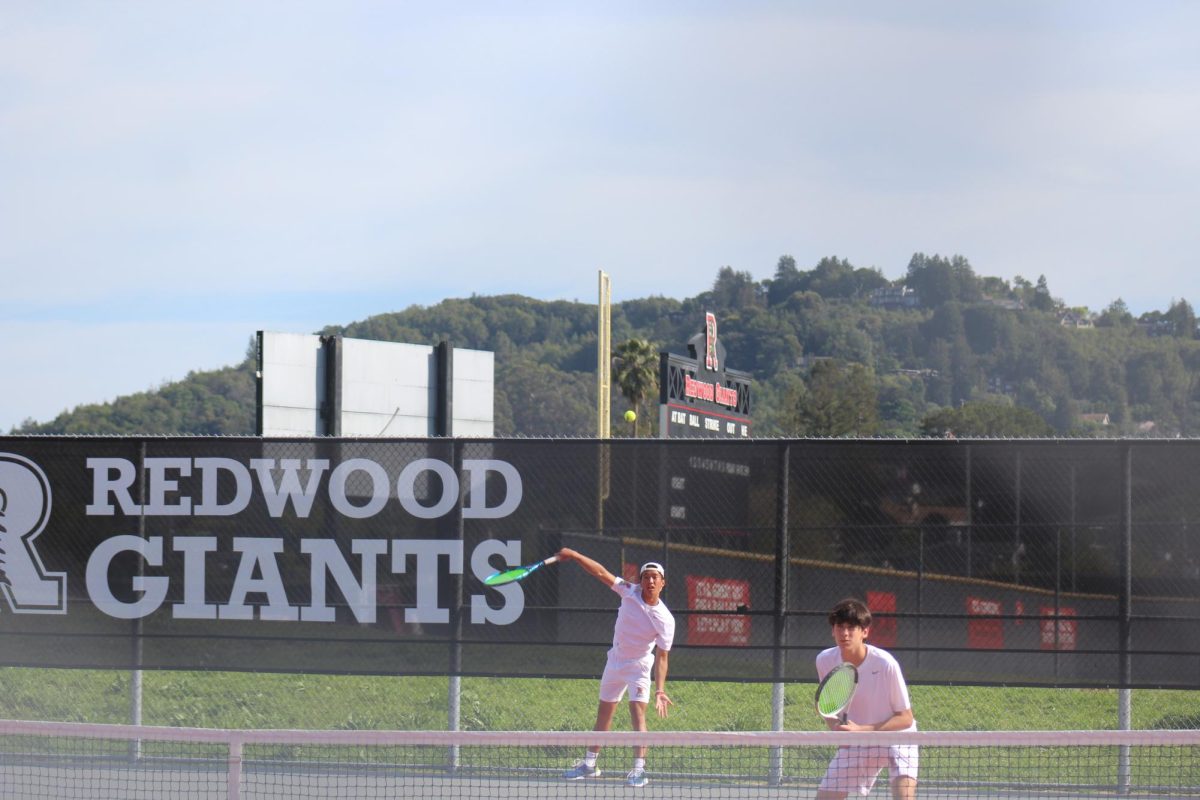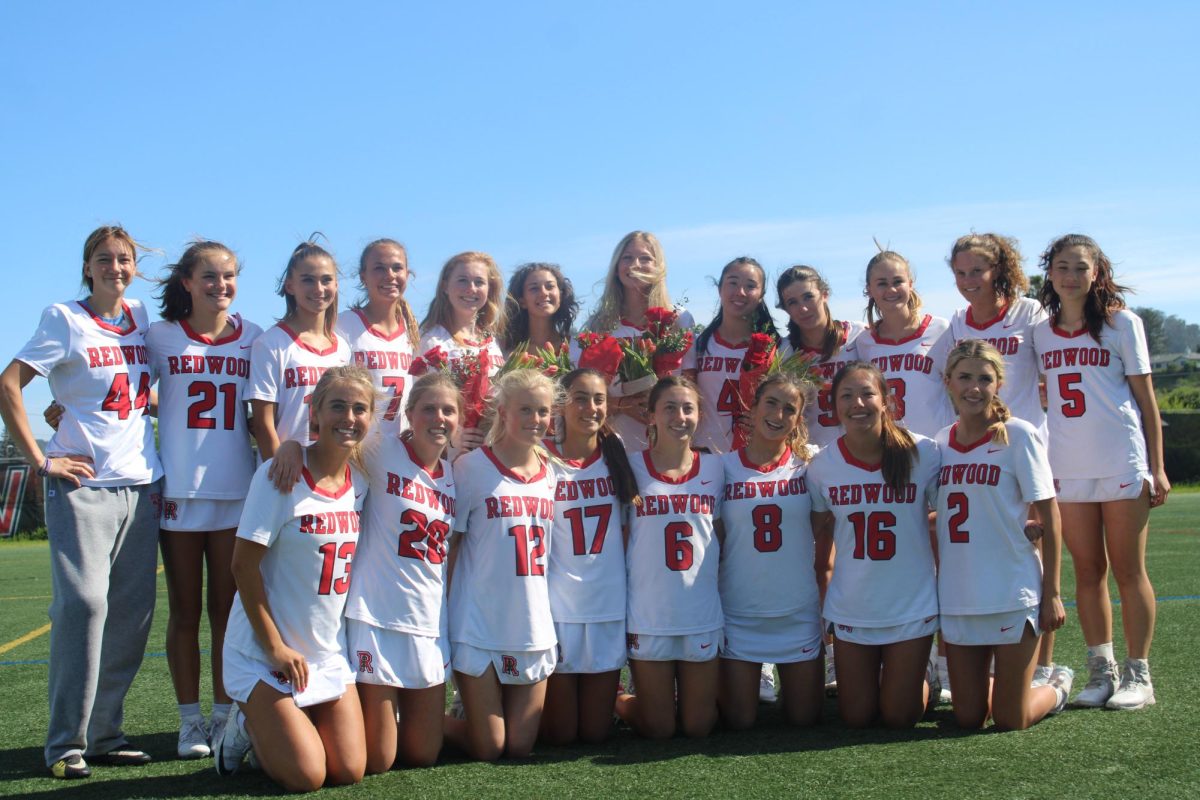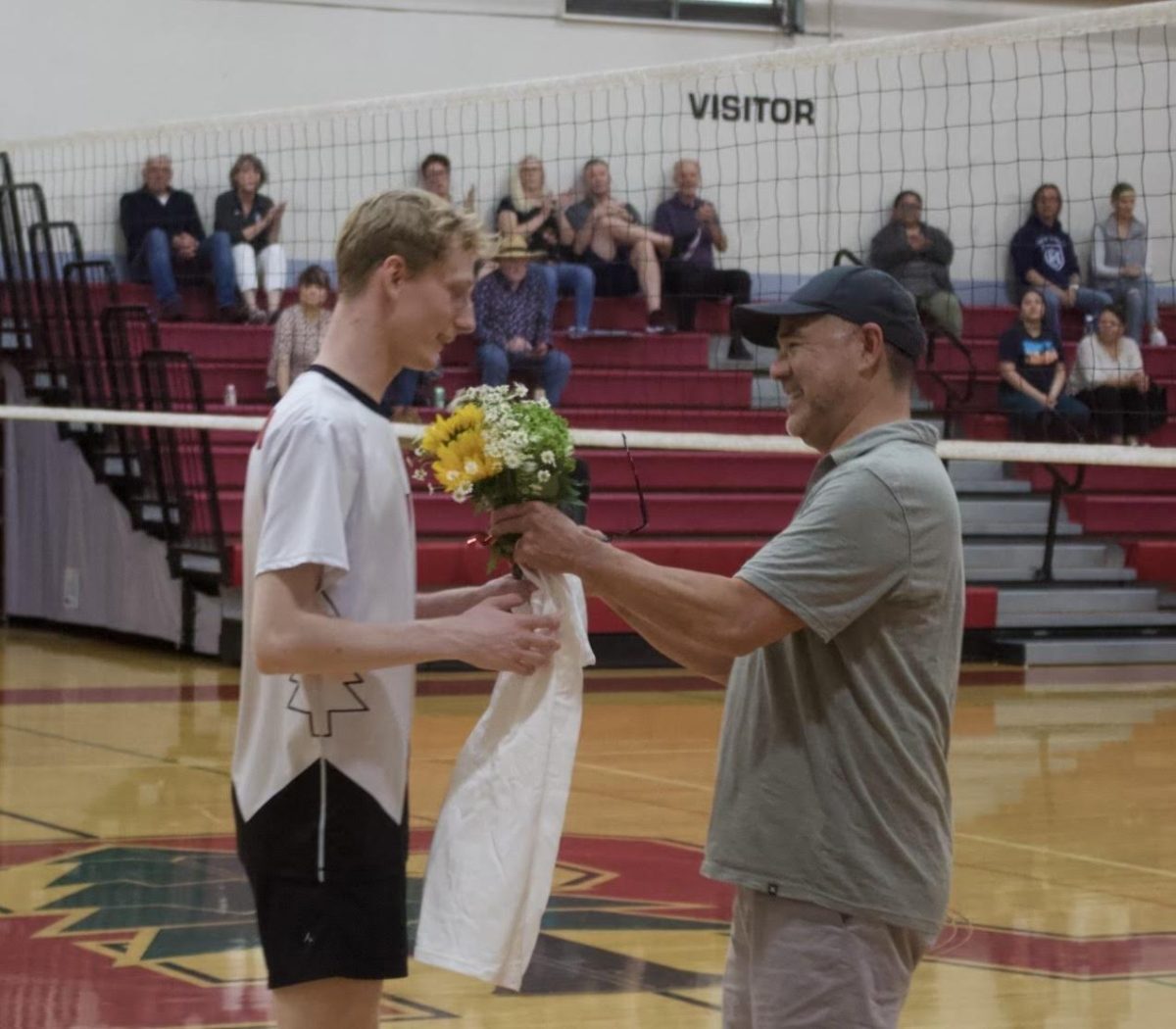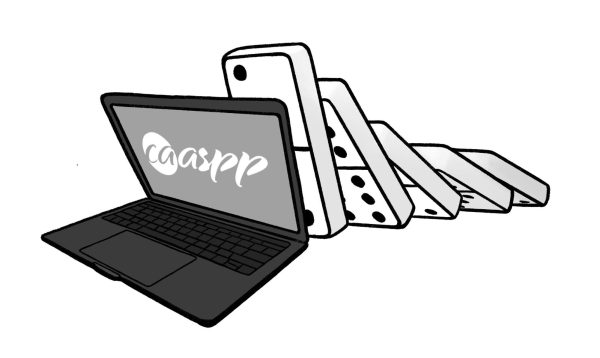Editorial: Drive for change
Be the influence instead of driving under it
December 13, 2021
“I don’t drive. I physically can’t [drive]. I’ve tried practicing around my neighborhood, [but each time I think about] the guy who was driving and left her there to die. He crashed the car and just left her there. I just think about her parents getting to the hospital and [how] she wasn’t alive. She was gone,” an anonymous Redwood senior said after losing her friend in a tragic drunk driving accident.
This devastating, long-lasting grieving process is not uncommon. In 2021, the Centers for Disease Control and Prevention (CDC) and the National Institutes of Health (NIH) found that drunk driving is the leading cause of death for teens in the U.S., accounting for one-third of all teen deaths. Yet, despite the known risks, driving under the influence continues to be a prevalent issue amongst Redwood students. According to a November 2021 Bark survey, 55 percent of students are aware of a student driving under the influence, and 17 percent of students have been a passenger in a car with an intoxicated student driver. The pervasiveness of drunk driving in Marin is consistent with statistics demonstrating that drug and alcohol use rates are higher in our county than in other parts of California.
Let these statistics serve as a voluntary wake-up call, rather than waiting for a tragedy in our community to force cultural change. Because walking around a party scene, or even the hallways of Redwood, it is all too typical to hear “justifications” for driving under the influence. These excuses often include comments like “They were way drunker than me, so I had to drive them home,” or “I drank early and sobered up,” or even the ridiculous “I drive better high.” These statements are scientifically false — it takes 12 or more hours for an average body to metabolize and rid itself of alcohol’s physical and cognitive effects. Disturbing as it seems, driving under the influence remains a pervasive part of Marin’s adolescent culture, and the lack of accountability for one’s actions seems to have become an accepted practice. Teens in our community need more peer support and guidance from adults, and we need to forge change within the culture itself by taking accountability for our actions.
While The Bark does not condone underage drinking or other substance use, we recognize its prevalence. We would like to encourage students to curb the dangers accompanied by driving under the influence by planning safe rides in advance and committing to prioritize the safety of themselves and others. Designated drivers are theoretically a good place to start, but they need to be held accountable in order to abstain from drinking or using drugs throughout the night. Most importantly, students must call out intoxicated individuals who are planning to drive to prevent them from getting in their car. This may entail creative approaches like having all guests put their keys in a basket upon arrival and retrieving them upon departure only after peers confirm their sobriety. Other services, including Uber and Lyft, should also be utilized. These services are official partners with Mothers Against Drunk Driving, a longstanding, leading organization in the fight against drunk driving. Although these rides come with a price tag, the loss of a few bucks in your bank account is incomparable to the loss of a loved one. Ultimately, the long-term success of intoxicated-driving deterrents will depend on culture and peer accountability — Redwood’s social norms should in no way tolerate intoxicated driving. It’s time we all step up.
Parents also play a significant role in shaping teen behaviors, both through their parenting practices and their behavior modeling. First and foremost, parents must set up clear, firm and non-negotiable rules around driving while under the influence. Parents should not assume that teens have fully embraced a no-tolerance policy through education at school or the media. Modeling good behaviors related to substance use is ultimately the best way for parents to influence teen behaviors. We urge adults in our community to practice safe drinking behaviors, such as calling third parties for a ride after drinking and actively preventing houseguests from driving home while inebriated. Setting this example in front of teens offers great strategies for how to manage themselves and call out their peers when they should not be driving.
Another way parents can ensure their teen’s safety is by creating a “no-questions-asked” pick-up policy, where parents agree not to punish teens if or when they need a ride home. With parents putting all judgments and punishments aside, this agreement invites students to involve their family when they need help, limiting their fear of parental punishment. Agreeing to this policy does not equate to parents’ endorsement of drinking, but rather prioritizes safety above all. The consequences of drinking or using drugs without parent approval will always be far less severe than the consequences of getting behind a wheel in the process.
There are plenty of opportunities for both teens and adults in the Redwood community to step up to combat the current climate of acceptance of driving under the influence, but a level of personal responsibility must also come into play. No matter what policies parents enforce regarding drug or alcohol use, intoxicated driving is inexcusable and inherently selfish. Getting in a car while intoxicated poses a threat to everyone else on the road and in the car, not to mention the severe legal consequences, and lifelong remorse that would result from an accident. We can do better than this. In the end, your parents and freshman year social issues teacher are not at your parties. We implore students to stand up for themselves and others before it’s too late. There is always an alternative to driving under the influence.
“There are kids dying. [Yet,] no one’s listening and it’s infuriating,” the same anonymous senior said. “Is it really worth it? Because you’re gone, but everyone else deals with it. … We’re too young to take risks like that.”






















